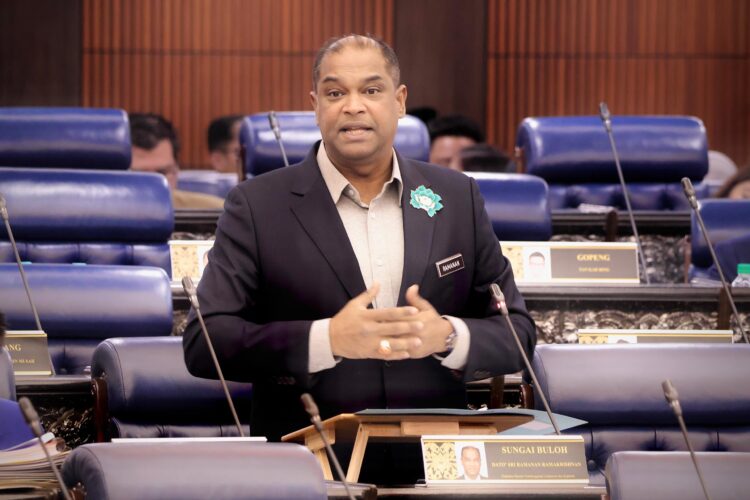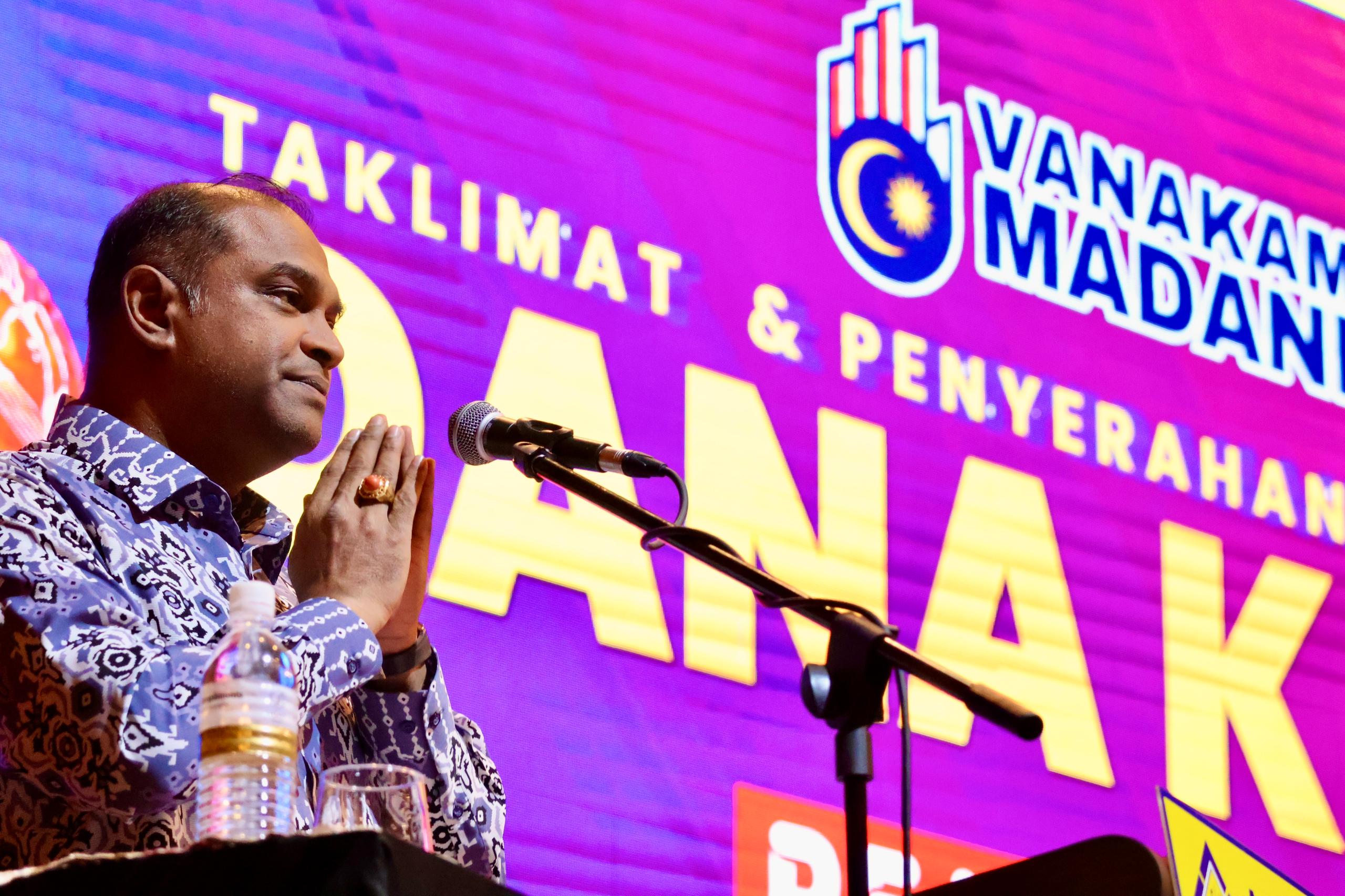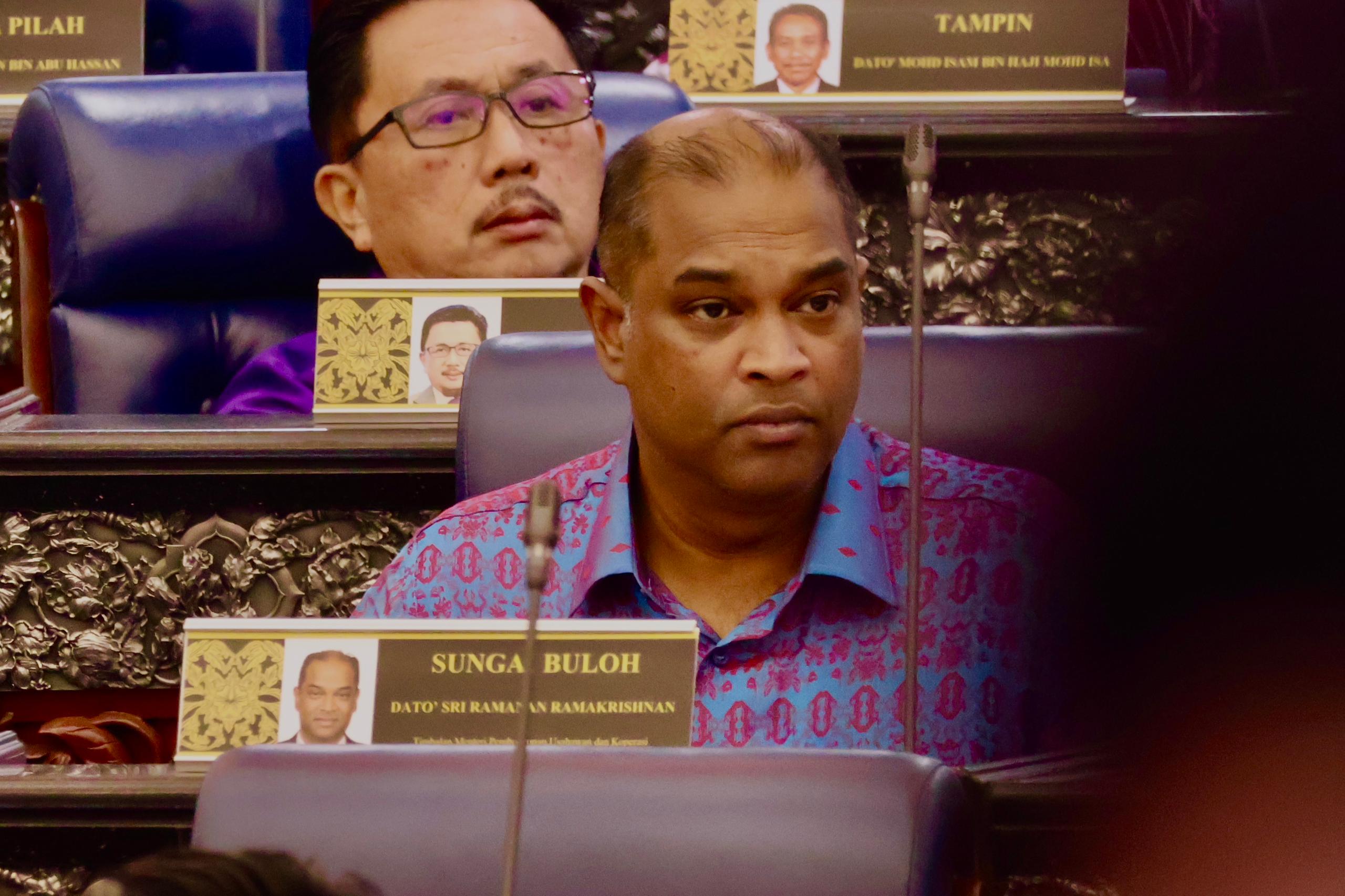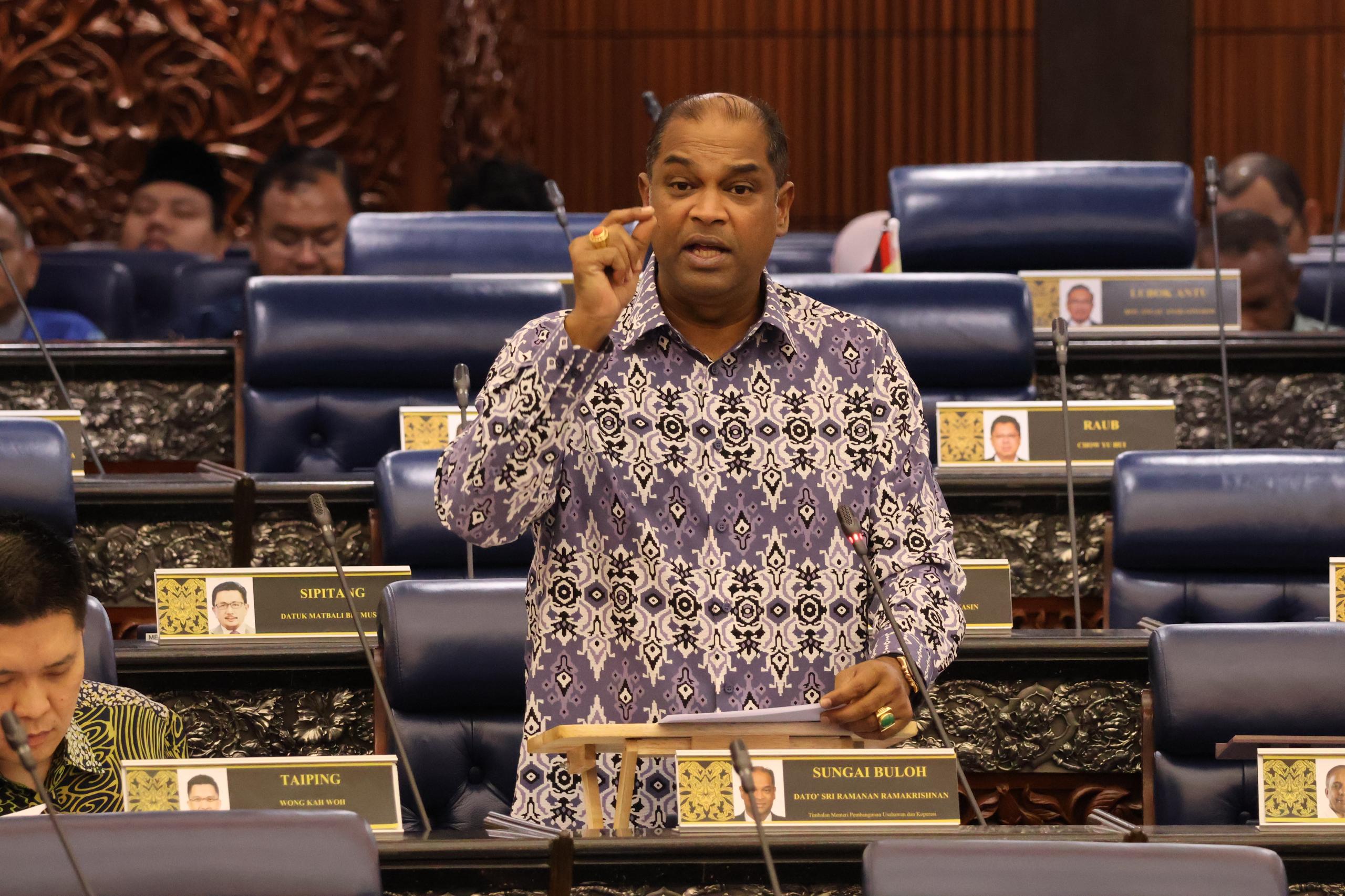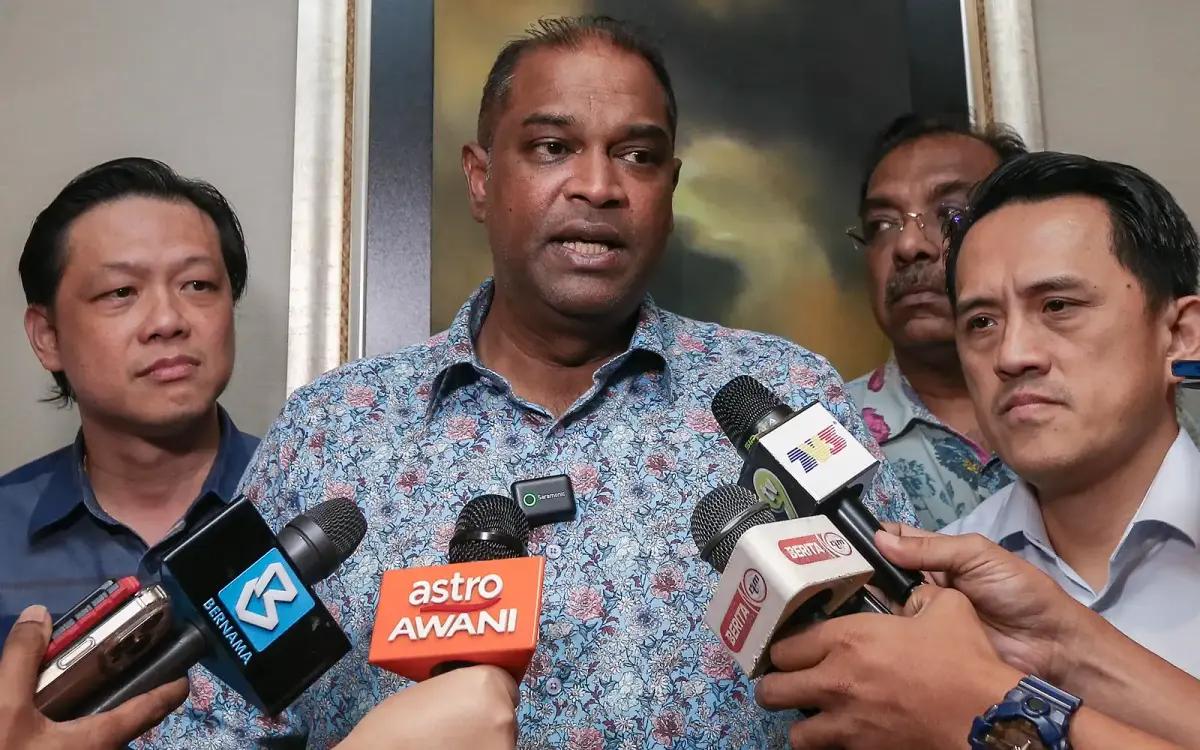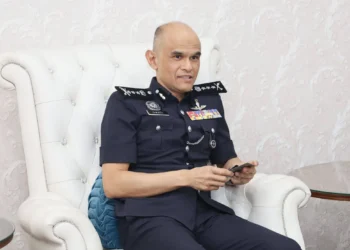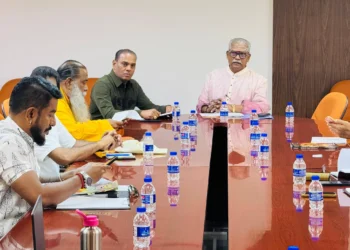The 13th Malaysia Plan (RMK13) sets in motion a comprehensive framework to elevate the socioeconomic standing of the Indian community, aligning with the MADANI Government’s vision of inclusive, sustainable development. Central to this strategy are targeted initiatives driven by data, coordination, and transparency, a commitment underscored by both the Ministry of Entrepreneur Development and Cooperatives (KUSKOP) and the Malaysian Indian Transformation Unit (MITRA).
According to Deputy Minister of KUSKOP, YB Dato’ Sri R.Ramanan, RMK13 outlines a multidimensional approach focused on improving quality of life and increasing social mobility among low-income Indian household across the country.
A Holistic Socioeconomic Strategy
At the core of RMK13 is renewed focus on a few key areas for the Indian community:
- Education and Talent Development: With a focus on STEM and TVET education, the plan aims to boost capacity building and career opportunities, especially among Indian youth.
- Housing and Infrastructure: Home repair assistance, better access to housing and improved community infrastructure are vital components of this plan.
- Entrepreneurship and Social Development: The Indian Community Entrepreneurship Development Scheme (SPUMI) will continue, alongside broader economic empowerment and social welfare efforts.
- Community Governance: RMK13 aims to enhance governance structures at the grassroots level within Indian-majority communities.
- Technology and Digitisation: AI and data analytics will be used to ensure precise targeting of beneficiaries and maximum programme impact.
As part of Focus 2 under RMK13, efforts will be made to stimulate the growth of High-Growth High-Value (HGHV) industries and other strategic sectors to improve the efficiency of the retail industry. To support this, KUSKOP will implement a self-regulatory system for the franchise sector aimed at reducing bureaucratic red tape, cutting down regulatory burdens, and increasing competitiveness.
Additionally, MITRA will lead the Indian Community Socioeconomic Development Programme (PPSMI), which holistically addresses three critical areas, education, entrepreneurship and career advancement, and social welfare.
Transparency and Coordination at the Core
Dato Ramanan also addressed growing concerns over fund distribution and programme accountability, assuring that all MITRA initiatives are carefully vetted by the Prime Minister’s Office (PMO).
“The Prime Minister, YAB Datuk Seri Anwar Ibrahim, personally monitors all planning and developments to ensure a transparent delivery system that meets the hopes of the Indian community, particularly the B40 group. Hence, every decision approved by the PMO is the result of a well-coordinated and evidence-based process that includes input from various ministries and agencies, including MITRA,” said Dato Ramanan.
He further clarified that while MITRA remains the primary implementing body for Indian community initiatives, the PMO plays a coordinating role to ensure alignment with national policy goals, not as an overriding authority.
This coordination involves multiple ministries and agencies including KUSKOP, The Ministry of Education (MOE), the Ministry of Human Resource (MOHR) and the Ministry of Women, Family and Community Development (KPWKM).
Empowering the Indian Community
The Prime Minister’s commitment to personally overseeing MITRA programmes, reflects the governments focus on the B40 group and the need for transparent high-impact implementation.
With RMK13 now in place, the Indian community can expect more inclusive policy interventions, better infrastructure, and expanded economic opportunities, a vision that moves beyond promises to real, measurable progress.
As Malaysia heads toward becoming a high-income nation, RMK13 ensures that no community is left behind.
Follow us on Instagram, Facebook or Telegram for more updates and breaking news.


